The end of the Silicon Valley insider–critic
Ten years ago, it was relatively difficult to find critical coverage of Google, Facebook, Amazon, and other companies in the tech sector — it was hard to find any critical tech coverage. Stories like Edward Snowden’s NSA disclosures and the Cambridge Analytica scandal led to ramped-up journalism resources and attention, and in many cases, reporters staffed full-time on the tech beat, but before then, legacy media regarded Silicon Valley as a niche concern. Anything related to tech was significantly underreported despite the scale and influence of the industry that was only growing.
If you wanted to read about a new feature that Facebook implemented in 2011, you might have ended up on the blog of someone who worked in the tech industry — perhaps even the blog of someone who worked at Facebook and on that product. In the absence of professional journalists covering tech, there was independent media like blogs and newsletters to fill the gap.
Consequently, we have a generation of “veteran tech critics” with ties to the industry they comment on. These could be academics with fellowships funded by Microsoft or employees at Google who spoke critically about Facebook’s privacy issues at tech conferences around the globe. The sheen of expertise that experience inside these major companies might have conveyed before is dimming as the wider public begins to recognize that the problems Silicon Valley companies inflict on society are not new, but problems that rooted in their very inception. There were people organizing Google bus protests in 2013. Why should we listen to the people who were inside the buses then, if they’ve had a change of heart, and are now more politically aligned with the protesters they ignored before?
The belief in a tech insider as a tech expert is what led The New York Times to publish Nick Clegg’s op-ed in 2019, “Breaking up Facebook is not the answer.” Clegg is Facebook’s VP of global affairs, and his is an outrageously unpopular position that perhaps only one other person on earth could argue with full conviction (Mark Zuckerberg). Likewise, the Silicon Valley whistleblower-to-Aspen Ideas Festival pipeline that Frances Haugen has staked looks increasingly like a cynical face-saving measure post-“techlash.”
But now there is a deep bench of reporters and commentators with expertise in the tech industry who have never taken Silicon Valley money. These are the real experts.
Joanne McNeil is the author of Lurking: How a Person Became a User.

Ten years ago, it was relatively difficult to find critical coverage of Google, Facebook, Amazon, and other companies in the tech sector — it was hard to find any critical tech coverage. Stories like Edward Snowden’s NSA disclosures and the Cambridge Analytica scandal led to ramped-up journalism resources and attention, and in many cases, reporters staffed full-time on the tech beat, but before then, legacy media regarded Silicon Valley as a niche concern. Anything related to tech was significantly underreported despite the scale and influence of the industry that was only growing.
If you wanted to read about a new feature that Facebook implemented in 2011, you might have ended up on the blog of someone who worked in the tech industry — perhaps even the blog of someone who worked at Facebook and on that product. In the absence of professional journalists covering tech, there was independent media like blogs and newsletters to fill the gap.
Consequently, we have a generation of “veteran tech critics” with ties to the industry they comment on. These could be academics with fellowships funded by Microsoft or employees at Google who spoke critically about Facebook’s privacy issues at tech conferences around the globe. The sheen of expertise that experience inside these major companies might have conveyed before is dimming as the wider public begins to recognize that the problems Silicon Valley companies inflict on society are not new, but problems that rooted in their very inception. There were people organizing Google bus protests in 2013. Why should we listen to the people who were inside the buses then, if they’ve had a change of heart, and are now more politically aligned with the protesters they ignored before?
The belief in a tech insider as a tech expert is what led The New York Times to publish Nick Clegg’s op-ed in 2019, “Breaking up Facebook is not the answer.” Clegg is Facebook’s VP of global affairs, and his is an outrageously unpopular position that perhaps only one other person on earth could argue with full conviction (Mark Zuckerberg). Likewise, the Silicon Valley whistleblower-to-Aspen Ideas Festival pipeline that Frances Haugen has staked looks increasingly like a cynical face-saving measure post-“techlash.”
But now there is a deep bench of reporters and commentators with expertise in the tech industry who have never taken Silicon Valley money. These are the real experts.
Joanne McNeil is the author of Lurking: How a Person Became a User.
Daniel Eilemberg

Kathleen Searles Rebekah Trumble

Anika Anand

Juleyka Lantigua

Wilson Liévano
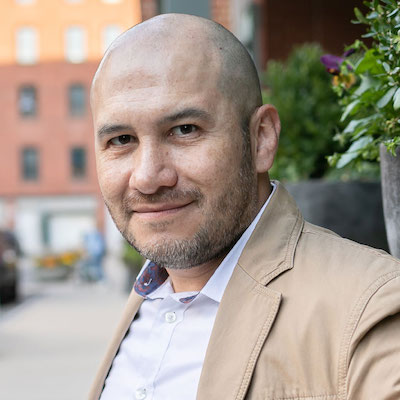
Joanne McNeil

Brian Moritz

Sarah Marshall

Cindy Royal

Candace Amos
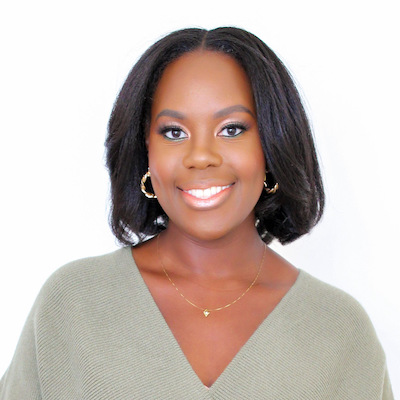
Ståle Grut

Errin Haines

Shalabh Upadhyay
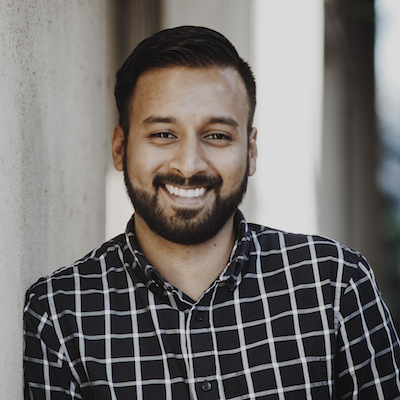
Simon Galperin

Kristen Muller
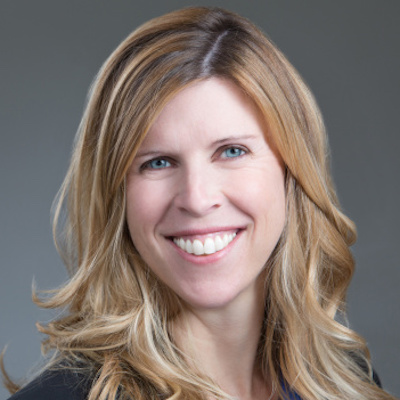
Gabe Schneider

Cherian George
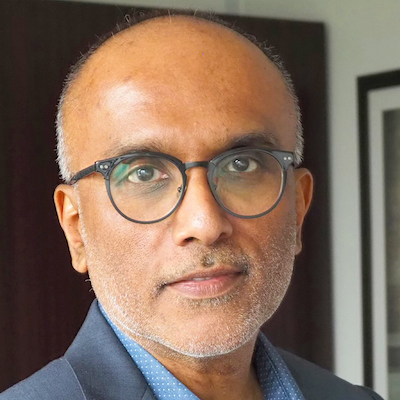
A.J. Bauer

Jody Brannon

Simon Allison

Jennifer Brandel

Natalia Viana

Meena Thiruvengadam

David Skok
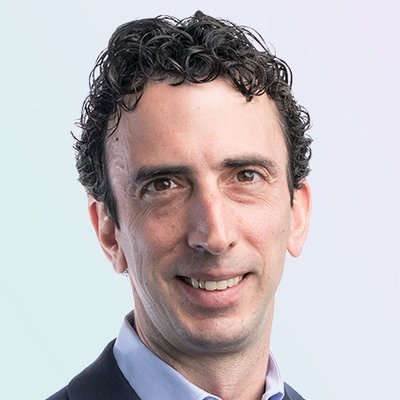
Joshua P. Darr

Jessica Clark

Christoph Mergerson
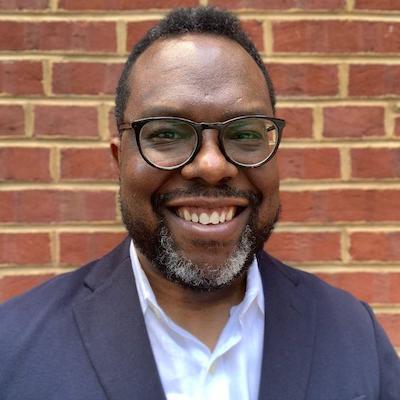
Michael W. Wagner

Izabella Kaminska

Julia Munslow

Joe Amditis

Ariel Zirulnick

Matthew Pressman

Laxmi Parthasarathy

Richard Tofel

Anita Varma

Joy Mayer

Sarah Stonbely

Julia Angwin
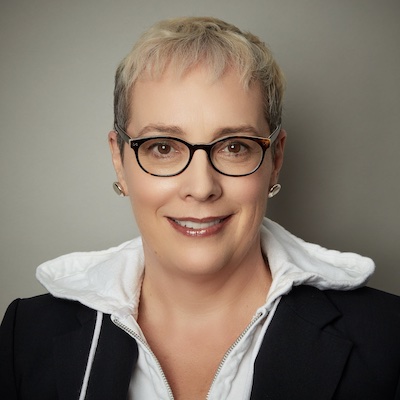
Alice Antheaume

Mike Rispoli

Whitney Phillips

Nik Usher

David Cohn

Rasmus Kleis Nielsen

Mario García
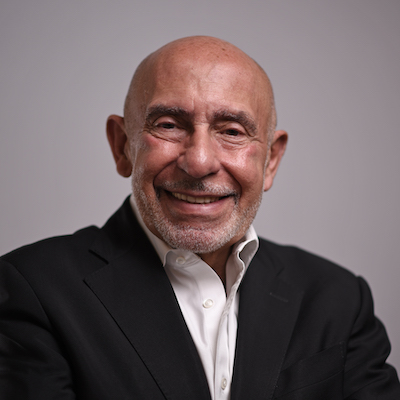
Victor Pickard

Paul Cheung

Zizi Papacharissi
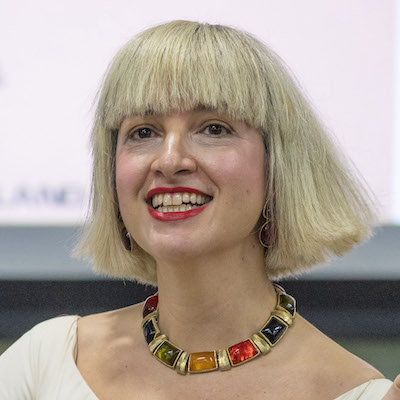
Shannon McGregor Carolyn Schmitt

Joni Deutsch

Anthony Nadler

Matt DeRienzo
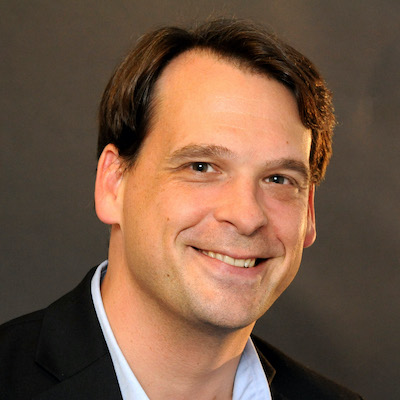
Jesenia De Moya Correa
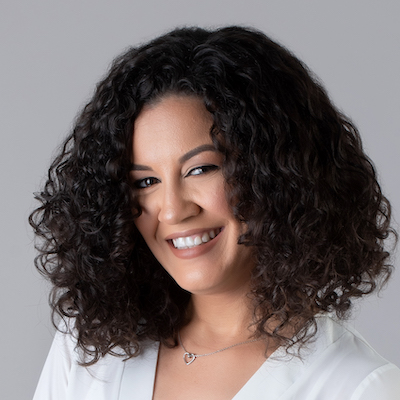
Kristen Jeffers
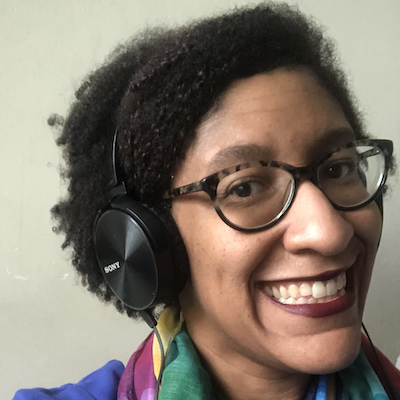
Amara Aguilar

Jonas Kaiser

Chicas Poderosas

Gonzalo del Peon

Cristina Tardáguila

John Davidow

Matt Karolian
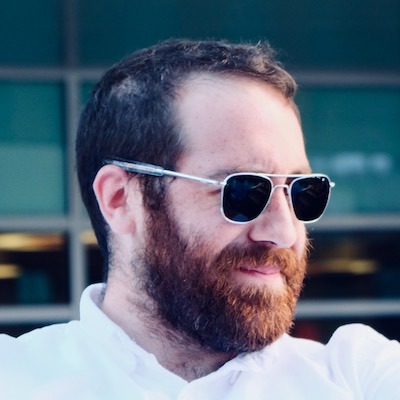
Robert Hernandez

Jim Friedlich
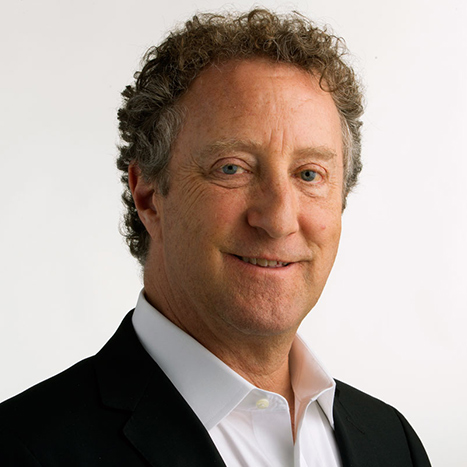
Eric Nuzum

Kendra Pierre-Louis

Stefanie Murray

Catalina Albeanu

Mandy Jenkins

Christina Shih

Tony Baranowski

Gordon Crovitz

Tom Trewinnard

Doris Truong

Jennifer Coogan

Burt Herman
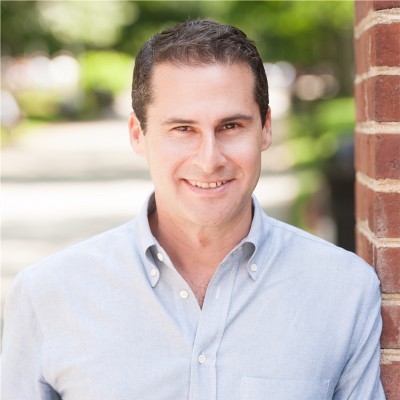
Francesco Zaffarano
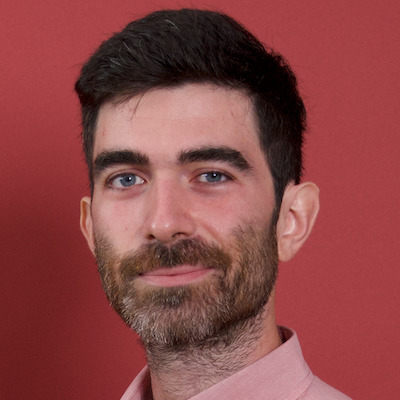
Amy Schmitz Weiss

Raney Aronson-Rath
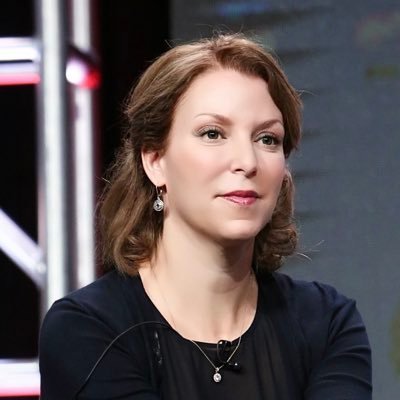
Melody Kramer

AX Mina

Don Day

Rachel Glickhouse

S. Mitra Kalita

Chase Davis

Parker Molloy

Mary Walter-Brown

Larry Ryckman

James Green

Millie Tran

Stephen Fowler

Andrew Freedman

Moreno Cruz Osório

Tamar Charney

James Salanga

Sam Guzik

Kerri Hoffman
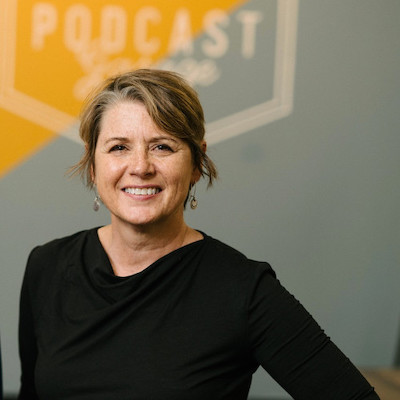
Megan McCarthy

j. Siguru Wahutu
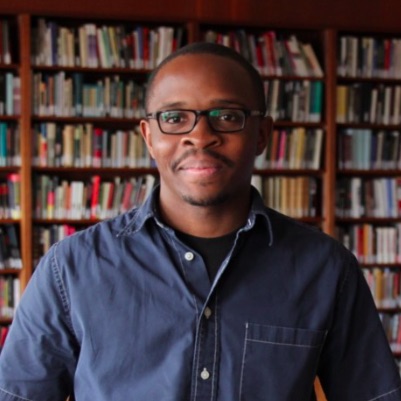
Jesse Holcomb
